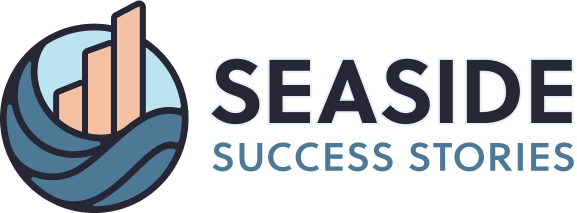Education experts have complained for decades that public schools are overregulated.
The host of regulations schools must comply with consumes educators’ time, time used to document compliance instead of educating children. In a 2011 Congressional hearing, one educator noted that the National School Nutrition Program required “one and half hours of daily paperwork at each school site.” Other testimony noted the many days and personnel required to comply and document compliance with federal regulation.
States adopted public charter schools to help get traditional public schools out of this morass of regulations. Public charter schools are funded by the government, run by private entities, and not subject to many of the regulations that bind traditional public schools. Many charter schools focus their efforts on students with particular needs, allowing them to tailor programs that better fit those students. Yet, some research suggests that charter schools haven’t been particularly innovative. Even while researchers have used charter schools to identify potential policies to improve schools, we see little change in how public schools operate.
Public school innovations are constrained by the ongoing growth in federal regulations, state regulations, and teacher contracts. And public charter schools remain subject to many of these requirements; charters appear to behave differently than public schools when regulations permit.
If charter schools haven’t pressured traditional public schools to innovate, other forms of school choice may. Vouchers and voucher-like programs may prompt public schools to change via competitive effects. Public school funding is generally tied to enrollment. If public schools struggle to retain their residentially assigned families, they may work harder to offer the quality and services that parents prefer for their children. And an analysis of the empirical evidence suggests that this does happen.
Maybe school choice will help deregulate in other ways. To help pass Florida’s voucher expansion earlier this year, the bill included a provision to deregulate public schools. Lawmakers are discussing alternate curricula, ways to permit teens to finish high school earlier or with less binding testing requirements, and less restrictive teacher certification rules. Having the Florida Educational Association, Florida’s largest teacher’s union, not opposing the idea of deregulating schools is promising.
All those regulations affect more than just the public schools. Private schools are more hesitant to participate in voucher programs if the programs come with significant regulations. Similarly, some homeschoolers opt not to use education savings accounts (ESAs) for their educational expenses, preferring to remain far outside the reach of regulators.
What’s more, these extensive regulations have encouraged what Adam Thierer calls evasive entrepreneurs. Evasive entrepreneurs – think Uber, and AirBnB – use technological innovations to compete with but outside of heavily regulated industries and, in so doing, press lawmakers to reconsider their heavy regulatory hands.
In education, these evasive entrepreneurs are having their moment. Education entrepreneurs and parents are working to find educational options for children outside of the highly regulated traditional public schools.
Parents and educators are starting new models of schooling and reviving old ones. Hybrid schools, co-ops, classical conversations, and others offer a wide variety of options for families. While public schools are trying to be everything to every child, homeschoolers are tailoring environments to be the right thing for each of their children right now. While federal and state regulations homogenize public schools, private schools, public charter schools, and homeschools can offer a very different education.
Almost a quarter of US school children attend something other than a traditional public school: private schools, public charter schools, public magnet schools, and homeschools. And public schools continue to lose enrollment to all types of alternatives. These alternatives only thrive when they meet the needs of families enrolling their children in them and when schools are permitted to differ in their hiring, curricula, and practices. If public schools don’t catch up, more and more families will choose otherwise.
The best regulators of schools are parents’ choices of where to enroll their children.







